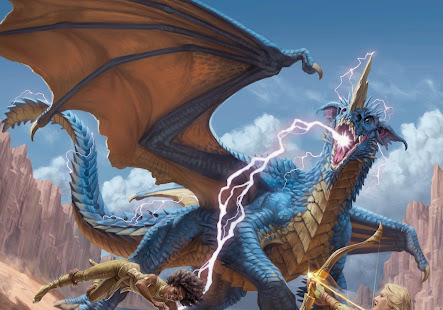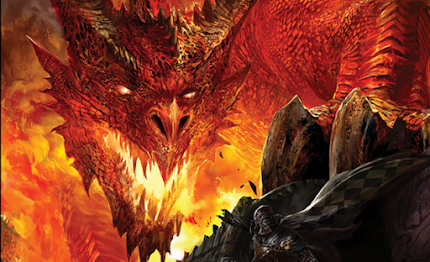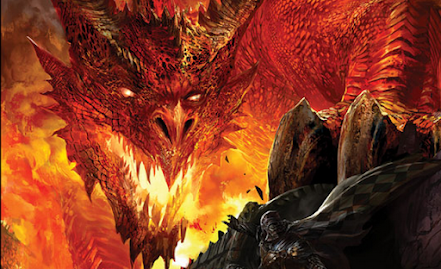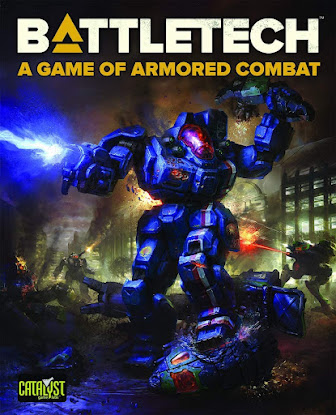Fox Television has renewed The Simpsons for two more seasons, bringing the total number of episodes to 801. The move extends The Simpsons' place as the longest-running, scripted non-soap in American television history.
The Simpsons began airing as its own series on 17 December 1989, having previously run as a series of animated shorts on The Tracy Ullman Show from April 1987. An almost immediate smash hit, The Simpsons rapidly became an American and then a global phenomenon, with "Bartmania" sweeping the world in 1991 and 1992. The show enjoyed remarkable critical and commercial success for approximately a decade, but was criticised for a critical decline beginning in the early 2000s. The franchise's success was reinvigorated with the release of The Simpsons Movie in 2007 (which saw the return of many classic writers), but since then the show has again been accused of a decline. However, the last two seasons (Seasons 33 and 34) have had significantly better reviews than those before them for many years.
The renewal will extend The Simpsons' run to 36 seasons and 801 episodes, confirming the show as the longest-running American animated series, the longest-running American sitcom and the longest-running American primetime scripted series (which excludes soap operas), both in number of episodes and seasons.
It should be noted that internationally The Simpsons isn't quite top of the tree. The British science fiction sitcom Red Dwarf began airing in February 1988 and continues to (intermittently) produce new episodes, although its number of seasons (12) and episodes (74) is vastly more modest. Still, it is (technically) a longer-running sitcom. Fellow British sitcom Last of the Summer Wine also chalked up more years by running for 37 years from 1973 to 2010, although the vagaries of British television production saw it chalk up only 31 seasons and 295 episodes.
More notably, British SF drama series Doctor Who has aired 39 seasons across 60 years (1963-89, 1996, 2005-present), totalling 871 episodes. With only 4 episodes expected to air in 2023 and 9 in 2024, whilst The Simpsons will air at least 22 episodes per year, The Simpsons will require several more seasons beyond this renewal to overtake Doctor Who.
How long The Simpsons can continue is unclear. Castmember Julie Kavner (Marge Simpson) is now in her 70s and Dan Castellaneta (Homer) and Nancy Cartwright (Bart) are both in their mid-60s. Although the show has replaced several actors who have sadly passed away or left over the years, it has never tried to replace one of the "big five" in the cast, which also includes Yeardley Smith (Lisa) and Hank Azaria (Chief Wiggum, Moe and many smaller roles), who are both 58.
The Simpsons has also seen a linear decline in ratings over the years, but this is not out of keeping with overall downward trends in first broadcast network shows. The show has also become a perennial strong performer on streaming service Disney+, although with so many episodes available, it does not require new episodes to be continuously produced to maintain that appeal.
Fox relies heavily on its relatively cheap animated sitcoms to maintain audiences at a time when it is finding it harder to invest in more expensive, live-action material. It has also renewed fellow animated sitcom powerhouses Family Guy and Bob's Burgers for two seasons apiece, taking the former to 23 seasons and the latter to 15 seasons.
Other networks are also extending their animated output: FXX is producing a 14th season of Archer, whilst Comedy Central has renewed South Park as far as a 30th season due to air in 2027.











